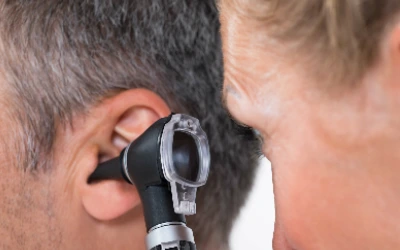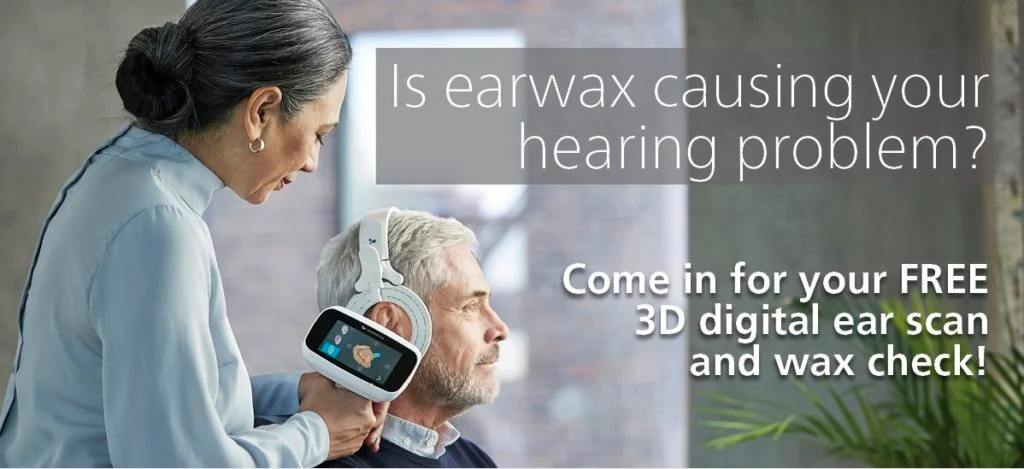- Home
- About Us
- Who We Are
- Our Team
- Why Choose An Audiologist?
- Giving Back
- Patient Testimonials
- Hearing FAQs
- Services
- Diagnostic Hearing Evaluations
- Hearing Aid Fittings
- Risk-Free Demos
- Hearing Aid Repair
- Custom Earmolds & Ear Plugs
- Tinnitus Evaluation & Management
- CaptionCall
- Otoscan® 3D Ear Scan
- Federal Claims
- Industrial Hearing Testing
- OWCP-Department of Labor Hearing Loss Claims
- Washington State Department of Labor and Industries (L&I)
- Federal Claim Forms
- Hearing Aids
- Hearing Aid Styles
- Smart Hearing Aids
- OTC Hearing Aids
- Hearing Loss And Brain Health
- Oticon Hearing Aids
- Phonak Hearing Aids
- Starkey Hearing Aids
- ReSound Hearing Aids
- Widex Hearing Aids
- Unitron Hearing Aids
- Patient Resources
- How The Ear Works
- Types OF Hearing Loss
- Patient Forms
- Insurance And Financing
- Online Hearing Test
- Blog
- Review Us
- Gig Harbor
- Bremerton
- Contact Us
- Shop
About Us
Services
Federal Claims
Hearing Aids
Patient Resources
Review Us



We know that coming in for your first appointment can be a little intimidating if you don’t know what to expect, but our goal is to make your visit as comfortable, informative, and relaxed as possible. The professionals at Kitsap Audiology put your needs and priorities first, and before long you’ll feel like a part of the family!
Our diagnostic hearing evaluations are designed to be easy to participate in, yet offer a wealth of information pertaining to your current hearing ability. During this visit, we will discuss your needs and concerns, complete several hearing tests, and discuss our findings. We offer multiple options to meet your priorities, budget, and lifestyle.
Before Your First Appointment
Your first appointment is an important opportunity for us to get to know you. Prior to seeing one of our specialists, you’ll be asked to complete a new patient intake form. On it, we’ll ask you to recall any injuries, trauma, or exposure to loud noises in your history. We’ll also ask for an overview of your medical history, including any medications you may be currently taking.
We encourage our patients to bring a friend or family member to their diagnostic hearing evaluation. Hearing loss affects more than just the patient, and we’re happy to answer any questions that you or your family may have. Having support from a friend, partner, or family member can also be helpful as you choose the best treatment option for your needs.
Hearing Consultation: Reviewing Your Needs
We begin your diagnostic hearing evaluation by getting to know you and your concerns. Together, we’ll review your information and discuss the challenges you’re experiencing. Understanding your history, current symptoms, and unique hearing needs for your lifestyle helps us determine the cause of, and solution for, any hearing issues we may uncover.
During the Hearing Evaluation
Your complete hearing evaluation will take between 30-60 minutes. We begin it by examining your ears to check for any physical obstructions or abnormalities. This is a brief and painless look into your ear canal to make sure everything is clear and healthy. Checking your ears is an important step since something as simple as cerumen (earwax) build-up could block sounds from entering the ear, causing temporary hearing loss.
Hearing Testing
Next comes a complete hearing test designed to evaluate the volume and frequency limits of sounds that you’re currently able to hear. You’ll be asked to wear a pair of specialized headphones and indicate when you can clearly hear the various sounds emitted. These tests reveal the extent, type, and details of your unique hearing loss, if any is present at all. Since there are different types and degrees of hearing loss, each needs to be treated in a specific way.
The hearing evaluation may include any of the following tests:
- Air conduction testing
- Bone conduction testing
- Speech testing
- Distortion product otoacoustic emissions (DPOAE) testing
- Auditory brainstem response (ABR) testing
- Tympanometry or acoustic immittance testing
Reviewing Your Results
Once we’ve completed your hearing test, we’ll review our findings together. Your hearing test results come in the form of an audiogram, which is a chart that converts your hearing loss into measurable frequencies and volumes called decibels. Audiograms enable us to see the type, pattern, and degree of your hearing loss. You will also see a percentage of how much normal conversational speech you can currently hear.
If our hearing evaluation detects a hearing loss, rest assured that there are many treatment options available these days. We have a full line of state-of-the art hearing aid models available for every situation and every budget. We’ll walk you through all of them and answer any questions you have. Our goal is to give you information about all of your options, and we respect your priorities when it comes to which hearing aid might meet your needs best.
Contact the team at Kitsap Audiology today to schedule your diagnostic hearing evaluation and get started on the path to better hearing!
Now serving Bremerton, and Gig Harbor, WA!

